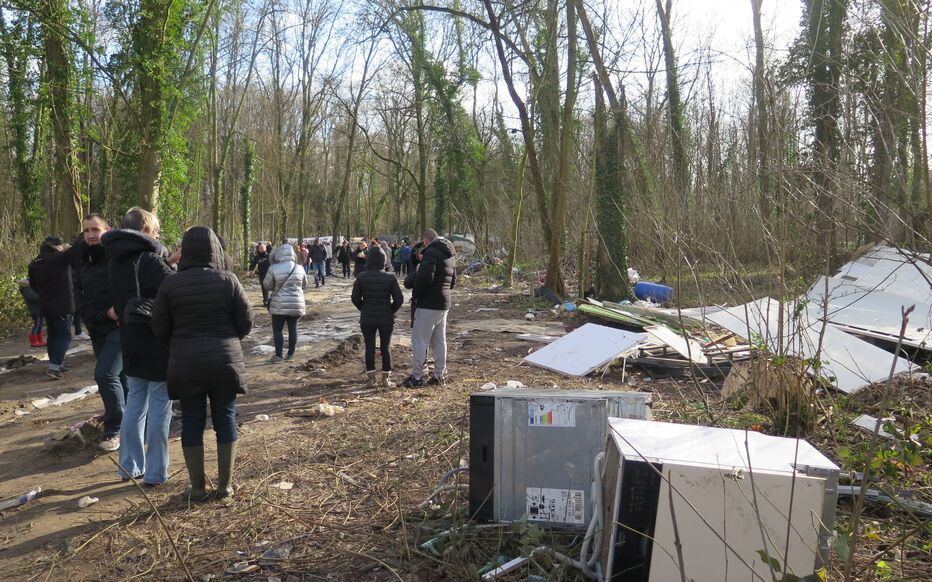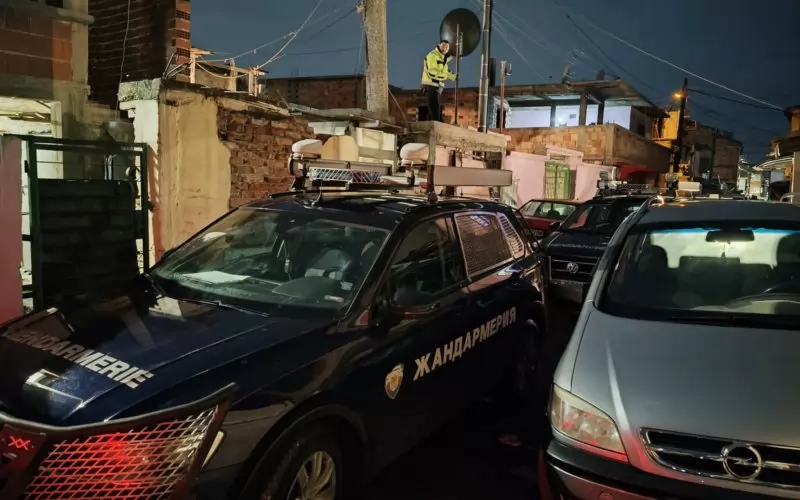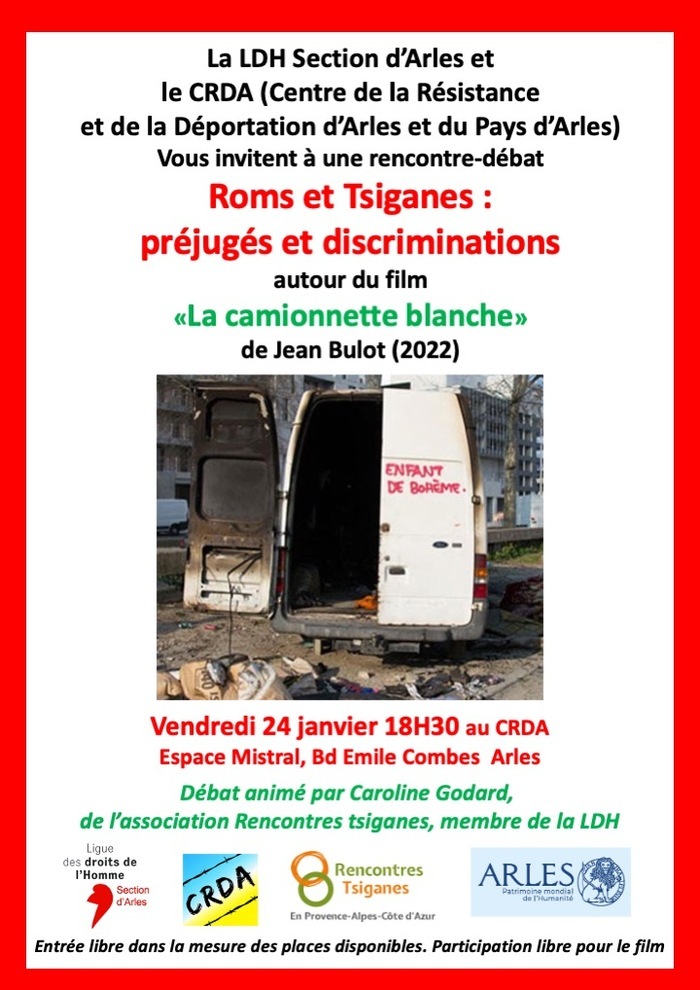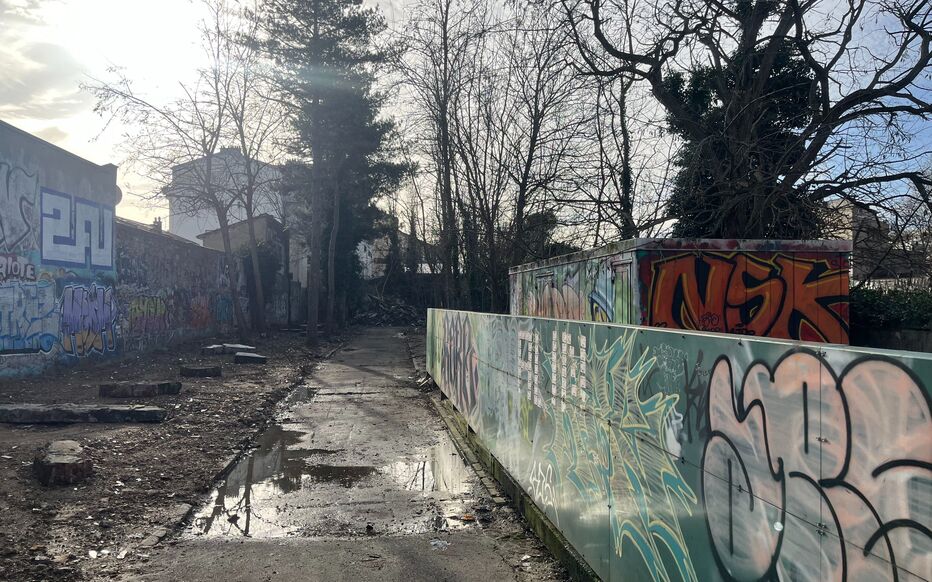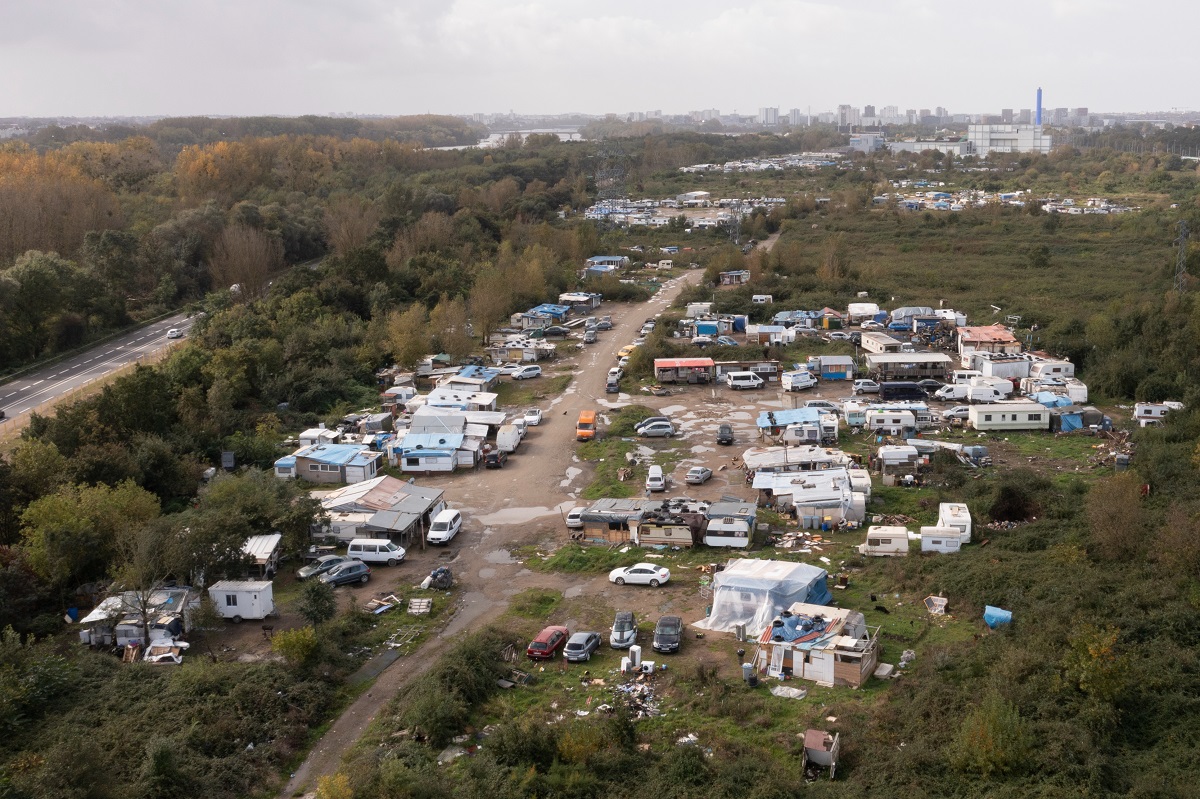As in the beginning of November, the Local (2014) reported about the discrimination against Rroma in Italy. Subject of contention are the numerous camps in which the Italian authorities deliberately hold the minority at the margins of society. The conditions in these state camps are heavily criticised: the air is insufficient to breath, an inmate says, as well as the hygiene: tuberculosis, scabies and lice are much more frequently than usual. The permanent monitoring in the camps, which is part of the facilities, leads particularly among children to anxiety and sleep disorders as well as phobias, the Rroma Rights Centre criticises in a report: “It [the Rroma Rights Centre] also warned of daily discrimination and violence against Roma in “an ever-growing climate of racism”, including repeated cases of local residents attacking camps with Molotov cocktails while police turn a blind eye. Although over half the 170,000 or so Roma and Sinti people in Italy are Italian citizens with regular jobs and houses, hate crimes against the poorest strata are rife, fuelled by inflammatory comments by politicians on both the left and right quick to paint Roma as crooks. […] Camp dwellers are prevented by council regulations from applying for public housing even if they were born in Italy, trapping them permanently in fenced-off centres far from schools, shops, health care centres or workplaces.” Because of this strong discrimination against Rroma, the European Commission has threatened legal actions against the Italian government for violation of the anti-discrimination legislation. Rroma belong to all social strata, but are indeed particularly affected by poverty and discrimination. Since the euro and economic crisis, various parties especially instrumentalise them as scapegoats for social ills. As in France, the public image of the minority is marked by extreme prejudice and misinformation: in the minds of many Italians, Rroma are synonymous with the residents of camps in the suburbs. The aspect of social exclusion is largely ignored.
- AsiaOne World News/AFP (2014) Italy under pressure over Roma camps squalor, corruption. In: AsiaOne World News online vom 17.11.2014. http://news.asiaone.com/news/world/italy-under-pressure-over-roma-camps-squalor-corruption
- Malay Mail Online/AFP (2014) Roma camps’ bad conditions put Italy in hot seat. In: Malay Mail Online vom 17.11.2014. http://www.themalaymailonline.com/world/article/roma-camps-bad-conditions-put-italy-in-hot-seat
- The Local (2014) Italy under pressure over Roma camps squalor. In: The Local Italy online vom 17.11.2014. http://www.thelocal.it/20141117/italy-under-pressure-over-roma-camps-squalor
